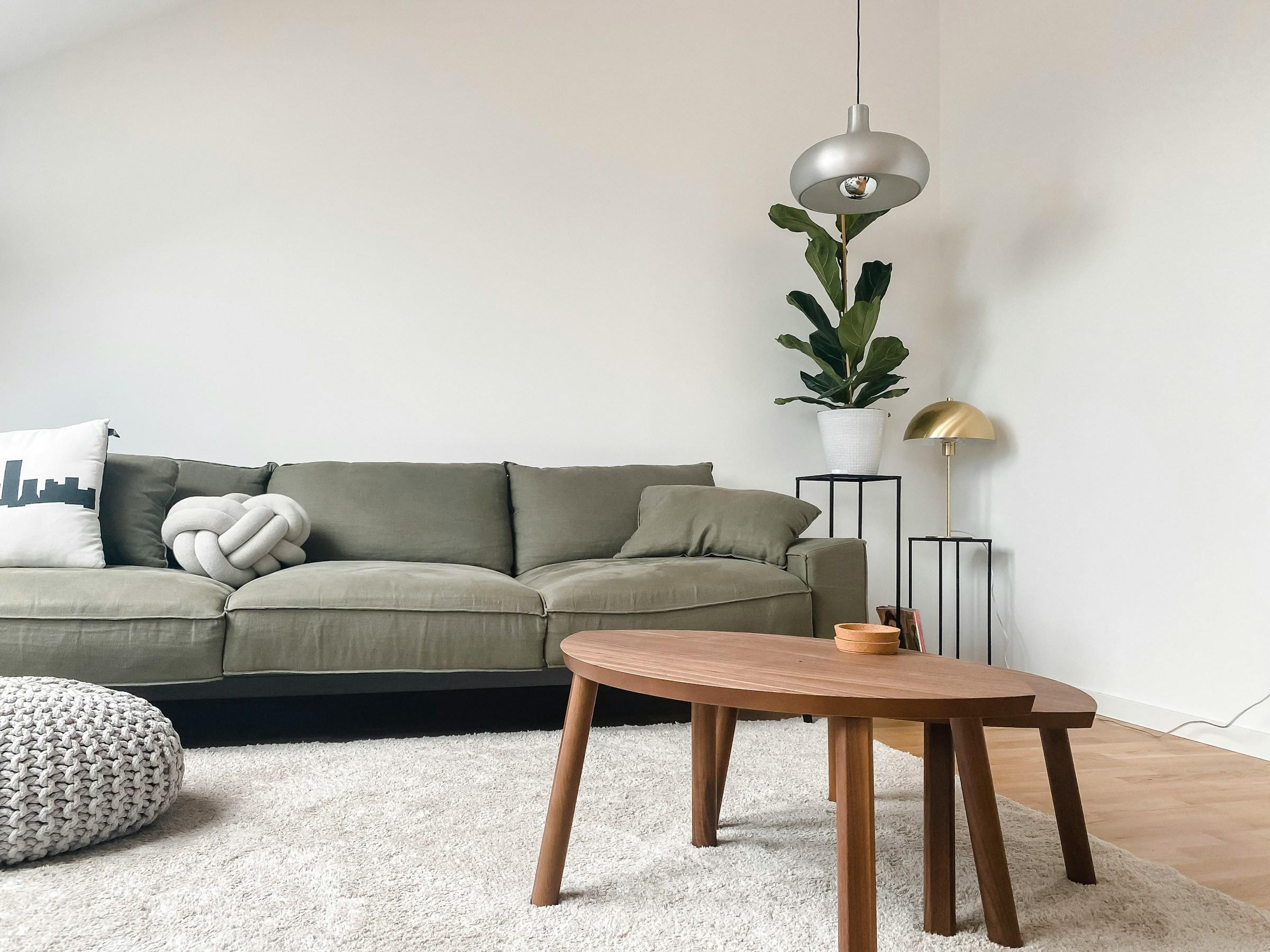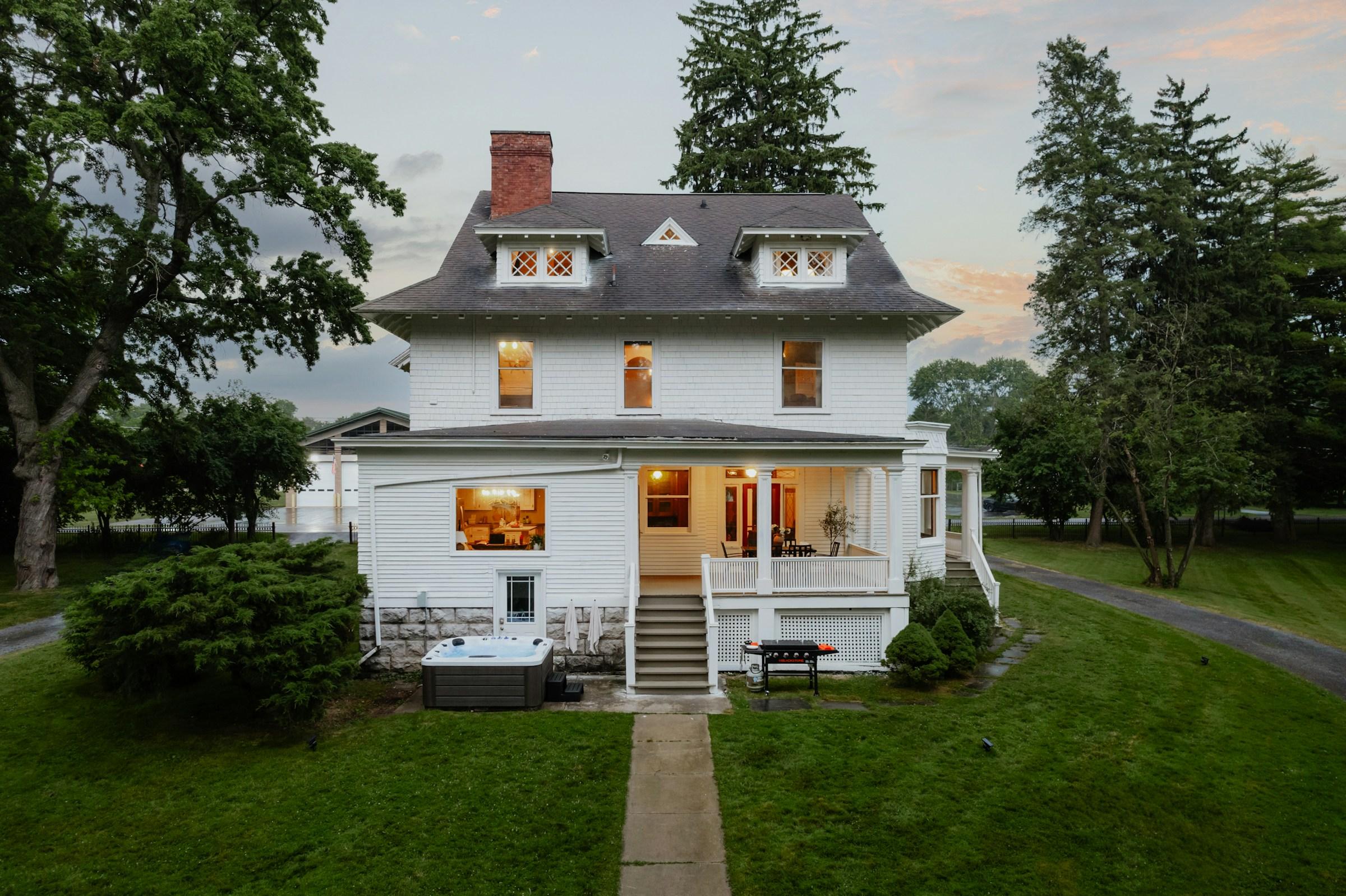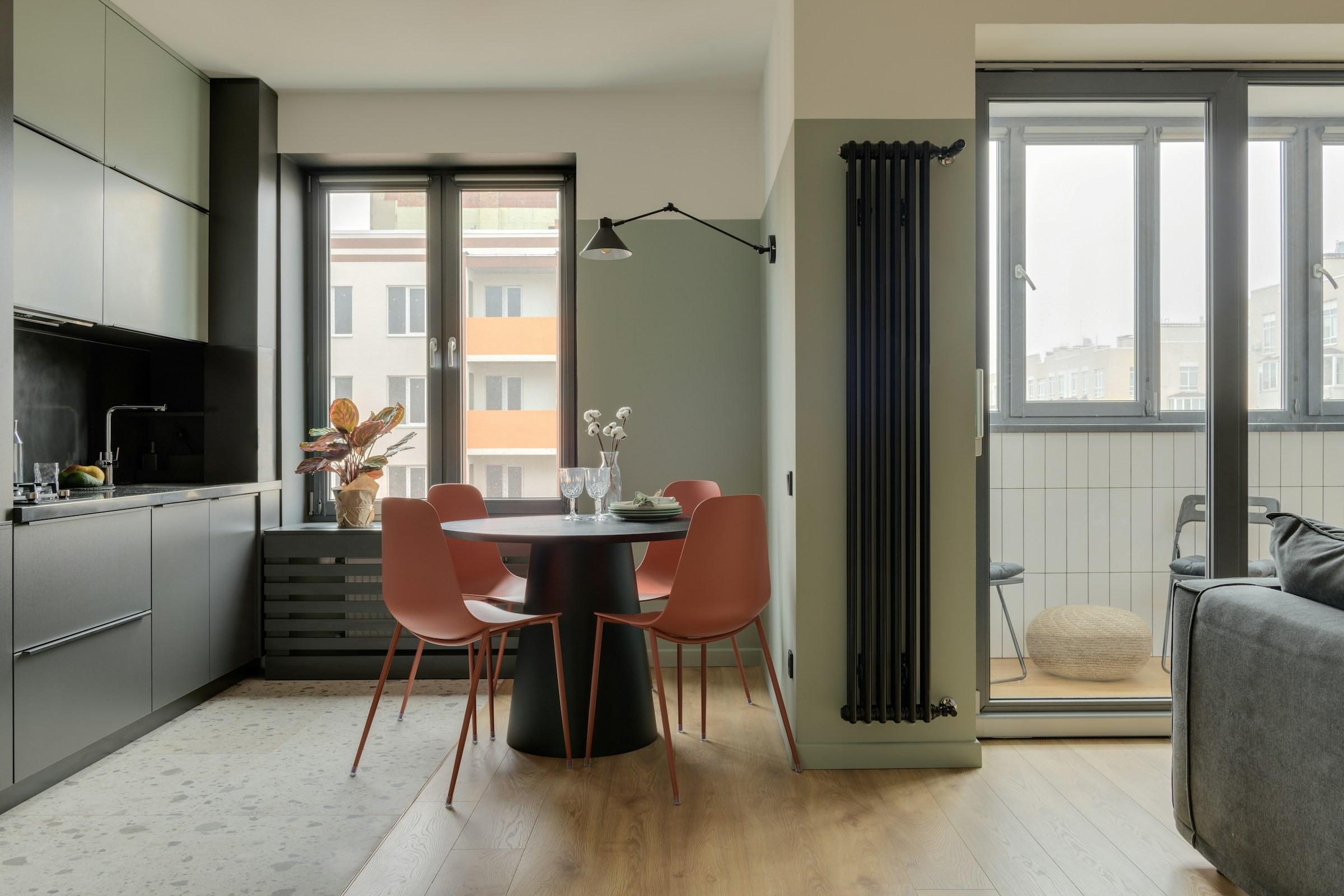A mortgage exists to help you convert the price of a home into payments you can live with while you build ownership over time. People often worry about interest, tenure, and the fear of being locked in, and those worries are understandable. The better starting point is to ask what problem you are trying to solve. Housing is a basic need that carries a high upfront cost and a long useful life. Very few households can or should tie up all their cash in a single purchase at once. The main purpose of a mortgage is to spread that cost across the many years you expect to use the home, so your present savings and income can also support other goals like emergency reserves, insurance, retirement, and education. When viewed through this planning lens, a mortgage becomes a tool that aligns time, liquidity, and ownership rather than a burden you carry in isolation.
Think of a mortgage as a time-matching device. A home gives you shelter and stability over decades. The loan stretches the payment period across those same decades. That alignment matters because it reduces the pressure to drain savings in a single year. If you bought a home only with cash, you would own it outright, but your cash position might be dangerously thin for years afterward. If you rented forever, you would keep liquidity, but you would not participate in the ownership benefits of the property you occupy. A mortgage allows you to live in the home now, keep a prudent cushion, and convert part of your monthly housing budget into growing equity. It links today’s affordability with tomorrow’s ownership in a way that renting or paying cash alone cannot.
A second purpose of a mortgage is to preserve and organize your liquidity. Households face multiple risks over a lifetime. Jobs change, children arrive, parents age, and medical events appear without warning. The funds you do not tie up in the down payment and purchase can remain in an emergency fund, diversified investments, or insurance premiums that protect your income. Liquidity gives you choices during stress. It allows you to meet a deductible without selling investments at a bad time. It helps you absorb short gaps in employment without turning small problems into large ones. A mortgage, by design, acknowledges that you cannot predict every shock, so it lets you keep some reserves while still moving into your home. That is not an excuse to overborrow. It is a reminder that housing is one part of a larger plan that must stay resilient.
A third purpose is to help you convert a routine expense into an asset over time. Most people already spend on housing. When you rent, the entire payment is a cost for current shelter. When you hold a mortgage, part of the payment still covers the cost of borrowing and property taxes, but another part gradually repays principal. Each principal repayment increases your equity, which is your ownership share of the property. You could call this forced saving, and in practice it helps many households accumulate wealth they might not have otherwise set aside. This benefit is not automatic or guaranteed because property values can stagnate or fall, and costs like maintenance are real. Yet if you choose a home and loan that fit your cash flow, the steady conversion of payments into equity can be a quiet but powerful contributor to your net worth.
Because a mortgage is a planning tool, the right loan is the one that fits your life stage, not the one with the lowest teaser rate this month. If you expect to stay in the home long enough to ride out normal market cycles, a stable repayment schedule can provide the predictability your budget needs. If you are at a mobile career stage and may relocate within a few years, you might prioritize flexibility in prepayment and portability rather than a small difference in headline rate. This is where thoughtful questions help. How long do you expect to keep this property as your primary residence. How reliable is your income and what buffer will you maintain. How much of your monthly budget do you want to allocate to housing while still contributing to retirement and protection plans. These questions anchor the loan to your life rather than the other way around.
A mortgage also helps you price stability. Owning with a fixed or gently varying payment can shield you from rent inflation that compounds year after year. That predictability is not free, since interest is the cost of borrowing. It is a trade you evaluate against the value of stability for your family. If you plan to raise children and prioritize school continuity, a predictable housing payment supports that choice. If you anticipate income volatility, you may prefer a conservative loan that you can service comfortably on the lower end of your expected earnings. In both cases, the mortgage frames housing as a long-term service you buy with a steady plan rather than a number that resets unpredictably every year.
It is helpful to see how a mortgage interacts with the rest of your financial system. Your budget has three broad layers. The first is today’s life, which includes food, transport, debt payments, childcare, and insurance. The second is tomorrow’s resilience, which includes emergency savings, disability coverage, and buffers for home maintenance. The third is future income, which includes retirement funds and long-term investments. A well-structured mortgage should not crowd out the other two layers. If the payment is so high that you cancel insurance or stop saving for retirement, the home becomes a single point of failure. If the payment fits, you can maintain protection and investing habits, and the home complements your plan rather than dominating it.
There is a common fear that interest payments are wasteful. It is true that interest is a cost. It is also true that rent is a cost. The difference is that interest is the price you pay to own sooner while keeping liquidity intact. The value of that trade depends on your time horizon, the home’s suitability, and your discipline with the cash you keep. If you use the preserved liquidity wisely, the interest can be a fair exchange for stability and optionality. If the preserved cash is consumed without purpose, the mortgage loses part of its planning benefit. The tool does not replace habits. It supports them.
Another concern is the risk of overextension. Lenders may approve amounts that are technically affordable but practically stressful. The approval formula does not know your weekend commitments, your parents’ medical needs, or the travel you value. Treat the approval as a maximum boundary, not a target. Aim for a payment that lets you breathe through a tougher year. If you receive a raise later, you can choose to prepay principal, build investments, or both. The comfort you keep in the early years reduces the risk of forced choices when life is inconvenient.
For some households, the question arises whether to use spare cash to prepay the mortgage or to invest. There is no single answer, but the framing remains consistent. First, secure an emergency fund and proper insurance so that one setback does not force you to borrow at high rates. Next, contribute at least the minimum needed to capture any employer retirement match. Then consider the interest rate on your mortgage versus the expected return of a diversified portfolio after fees and taxes. Prepayment offers a guaranteed return equal to the rate, plus psychological peace and lower monthly commitments. Investing offers potential for higher long-term growth with short-term volatility. You can split the difference in a way that matches your tolerance and goals. The key is to decide deliberately, not by inertia.
It is also worth recognizing the nonfinancial value of homeownership that a mortgage unlocks for many. A stable base can support routines, relationships with neighbors, and the daily rhythms that are hard to quantify but central to a family’s well-being. That value should not be used to justify an overstretched decision. It should be acknowledged as part of the whole picture. A mortgage is often the mechanism that makes that stability possible while leaving room in your budget for the rest of life. When you can meet your payment comfortably and still fund your protections and future, the intangible benefits of staying rooted can compound quietly alongside your equity.
The role of a mortgage changes across life stages. Early in your career, you may select a smaller home with a modest payment to keep saving and learning your income pattern. Mid-career, as children arrive or parents move closer, you might trade up, but still protect the ratios that keep your plan stable. In pre-retirement years, you may prioritize paying down principal to lower required outflows later, or you may choose to keep a small, low-cost mortgage if your investment returns and cash flow support it. None of these choices is universal. The common thread is fit. The mortgage should flex with your actual life, not a standard template.
If you relocate across countries, the decision becomes more complex. Currency, tax treatment, and local lending norms can change the numbers. The purpose, however, remains the same. Use the mortgage to match housing cost with housing use across time, preserve resilience, and grow ownership at a pace your budget sustains. In cross-border situations, an extra layer of cash reserves and advice on legal and tax details can protect you from surprises. The planning logic does not change. The details do.
All planning tools have limits. A mortgage does not guarantee a profit if property prices fall or if your life circumstances shift. It cannot repair a mismatch between a home and a household’s needs. It will not create good savings habits by itself. It does, however, provide a simple, durable framework for turning a very large purchase into a series of manageable decisions. Payment by payment, you stabilize your housing, protect your liquidity, and build ownership. Used this way, the mortgage is not the star of your financial plan. It is the stage on which your other priorities can perform.
Before you choose a loan, ask three grounding questions. First, can I cover this payment in a normal month and still fund an emergency buffer, insurance, and retirement. Second, would this payment still be manageable through a modest stress, such as a few months of lower bonus or a temporary expense spike. Third, does this home support the life we intend to live for the next several years, not only the life we imagine on move-in day. If you can answer yes to these questions, the mortgage is likely serving its purpose.
The clearest way to close is to return to the simple goal. Housing is a long-lived need. Cash is a short-lived resource if overcommitted. A mortgage connects the two with structure. It spreads cost across time, protects your liquidity, and channels part of your monthly budget into gradually growing ownership. That is the purpose. When you let it do that job and keep the rest of your plan intact, the home becomes a supportive part of your financial life rather than a strain. Start with your timeline. Then match the vehicle. You do not need to be aggressive. You need to be aligned.












.jpg&w=3840&q=75)
.jpg&w=3840&q=75)
